Archaeological Institute of America
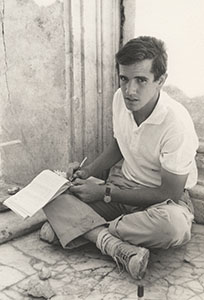
Deadline: November 1, 2024
Announced: By March 1
Amount: $12,000
Purpose: The fellowship honors the memory of John R. Coleman, whose premature death deprived the field of a scholar of unusual integrity and promise. John R. Coleman graduated magna cum laude at Harvard University, held a Fulbright Fellowship at the University of Bonn, and pursued graduate study at Princeton University. He excavated at Aphrodisias and Morgantina. The Coleman Fellowship is to be used for travel and study in Italy, the western Mediterranean, or North Africa, between July 1 of the award year and the following June 30. The award may not support field excavation projects, nor may AIA fellowship funds be used for institutional overhead, administrative recovery costs, or indirect costs.
Requirements:
The AIA welcomes applicants of all backgrounds and is committed to equal opportunity for all. Under no circumstances will the AIA discriminate against qualified individuals on the basis of race, color, religious creed, retaliation, national origin, ancestry, sexual orientation, gender, disability, mental illness, genetics, marital status, age, veteran status, or any other basis prohibited under applicable law.
As part of the Archaeological Institute of America’s ongoing commitment to fieldwork and families, reasonable line items for the care of dependent and elderly family members are allowable expenses for AIA grants, fellowships, and scholarships.
Please note that all application materials (including references and transcripts) must be received at the AIA by the November 1 deadline.
View the Fellowship Requirements and Application Guidelines.
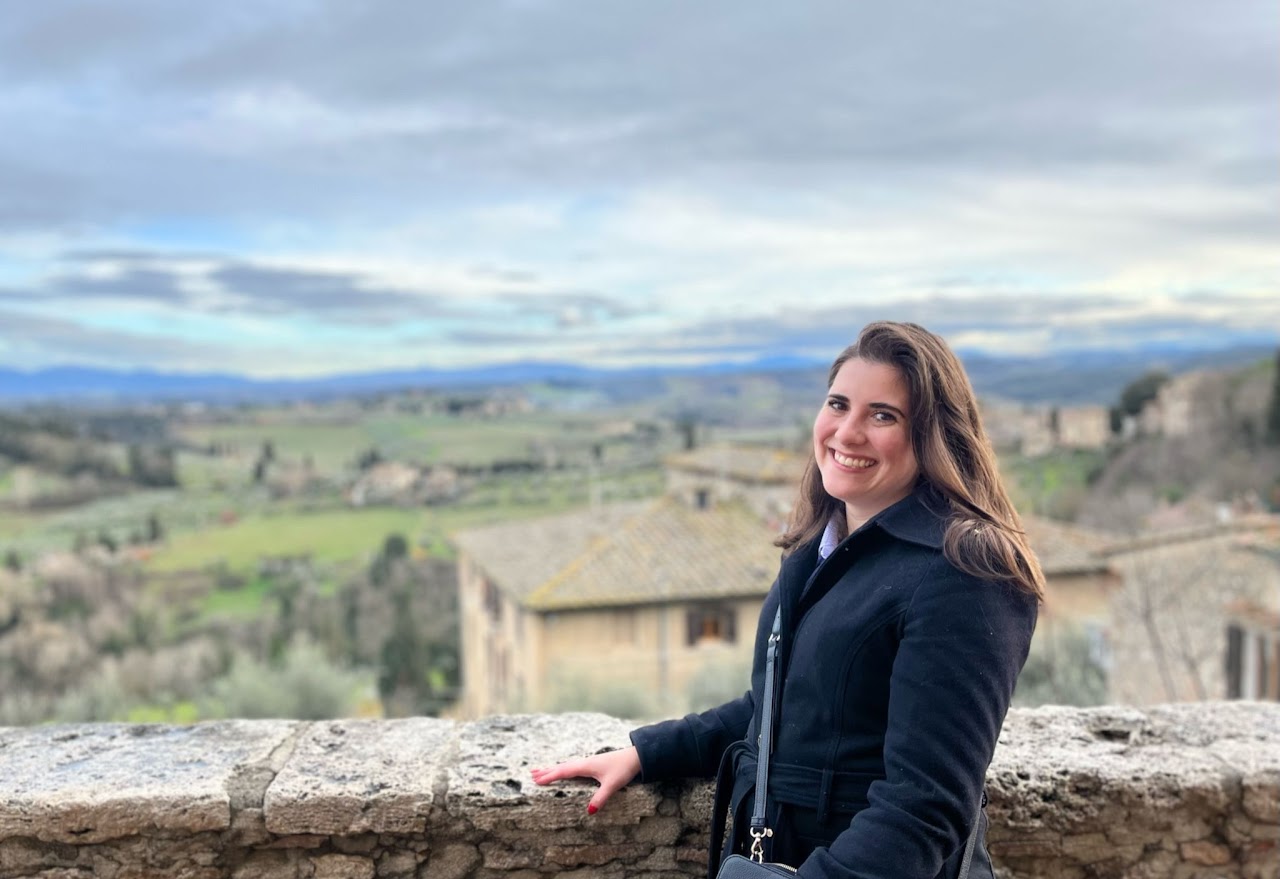
2024
University of Michigan
Amelia W. Eichengreen (PhD candidate, University of Michigan) is the 2024 winner of the AIA’s John R. Coleman Traveling Fellowship and will spend her fellowship period doing dissertation research tracking changes in domestic architecture in Rome and central Italy in the Archaic period. Within a short time period, this region experienced a rapid transformation from mud huts to much more elaborate forms of housing. By narrowing in on the archaeological and architectural evidence of this transformation, Eichengreen will have the opportunity to provide insights on evolving social inequality. While much traditional archaeological scholarship centers on necropoleis, or cities of the dead, Eichengreen proposes to study the homes of the living in order to more accurately understand the pace of urbanization in the region between 900 and 450 BCE. Eichengreen will spend a few months traveling to sites and archaeological museums in central Italy before returning to Michigan to complete her dissertation.
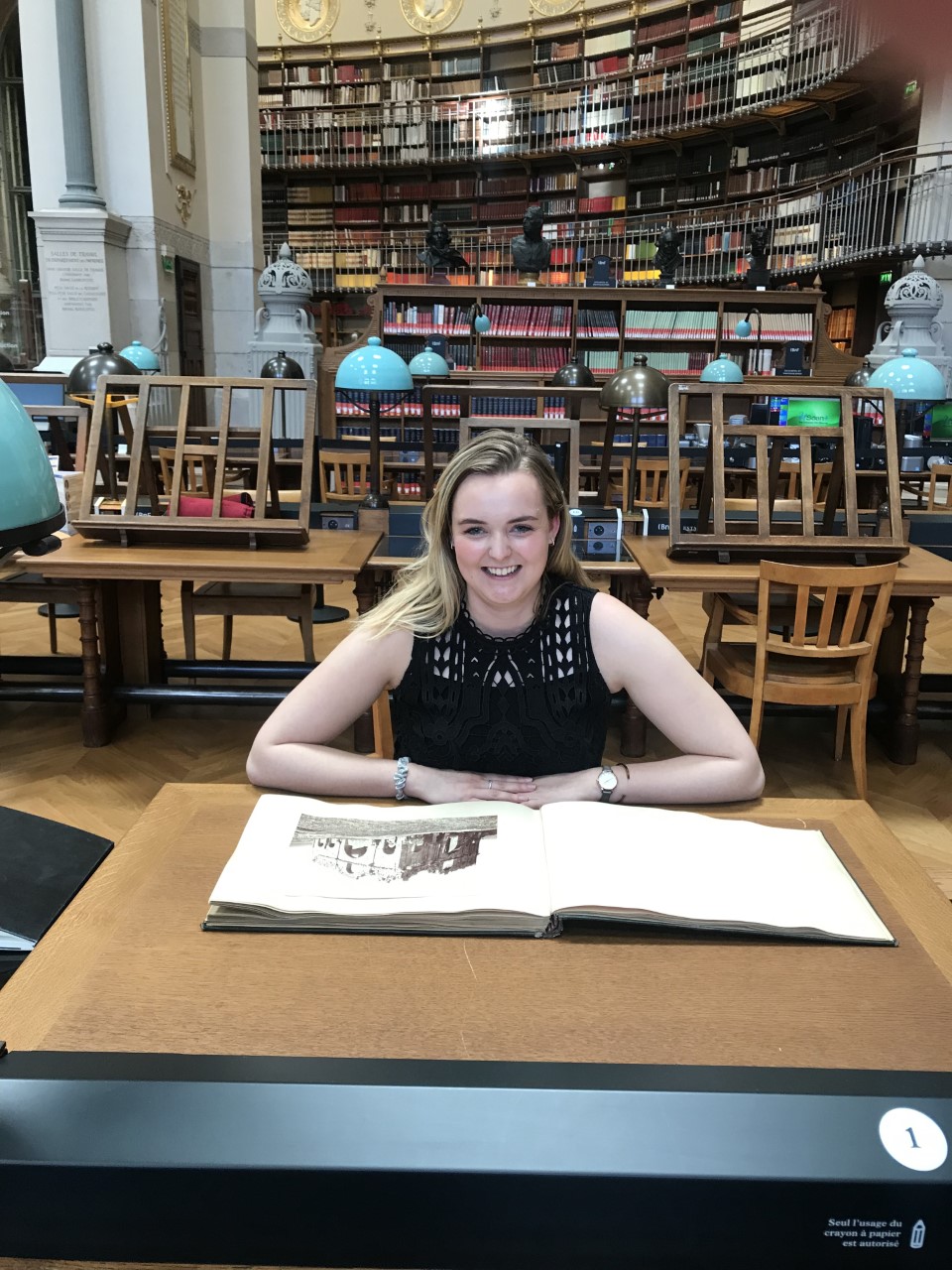
2023
Taylor Carr-Howard, PhD student in the Cotsen Institute of Archaeology at UCLA, is the 2023 recipient of the John R. Coleman Traveling Fellowship. Her dissertation project, Picturing Antiquity: Archaeological Photographs and the (De)colonial Imagination”, examines the role of the archaeological photograph in the history of colonial archaeology. Documenting archaeological material went hand-in-hand with imperial expansion and early archaeological photographs assert possession and control over the material they represent. By comparing historical (late-nineteenth and early-twentieth century) photographs of Roman ruins in North Africa to the archaeological material they represent, she will examine the ways colonial narratives have impacted interpretation of Roman material in the region. Drawing on this history, she will then consider its implications and explore the possibilities the photographic archive holds for decolonizing classical archaeology. The fellowship funds will be used to support travel to France and North Africa for research in photographic and colonial archives, and to spend at the archaeological sites depicted in the records.
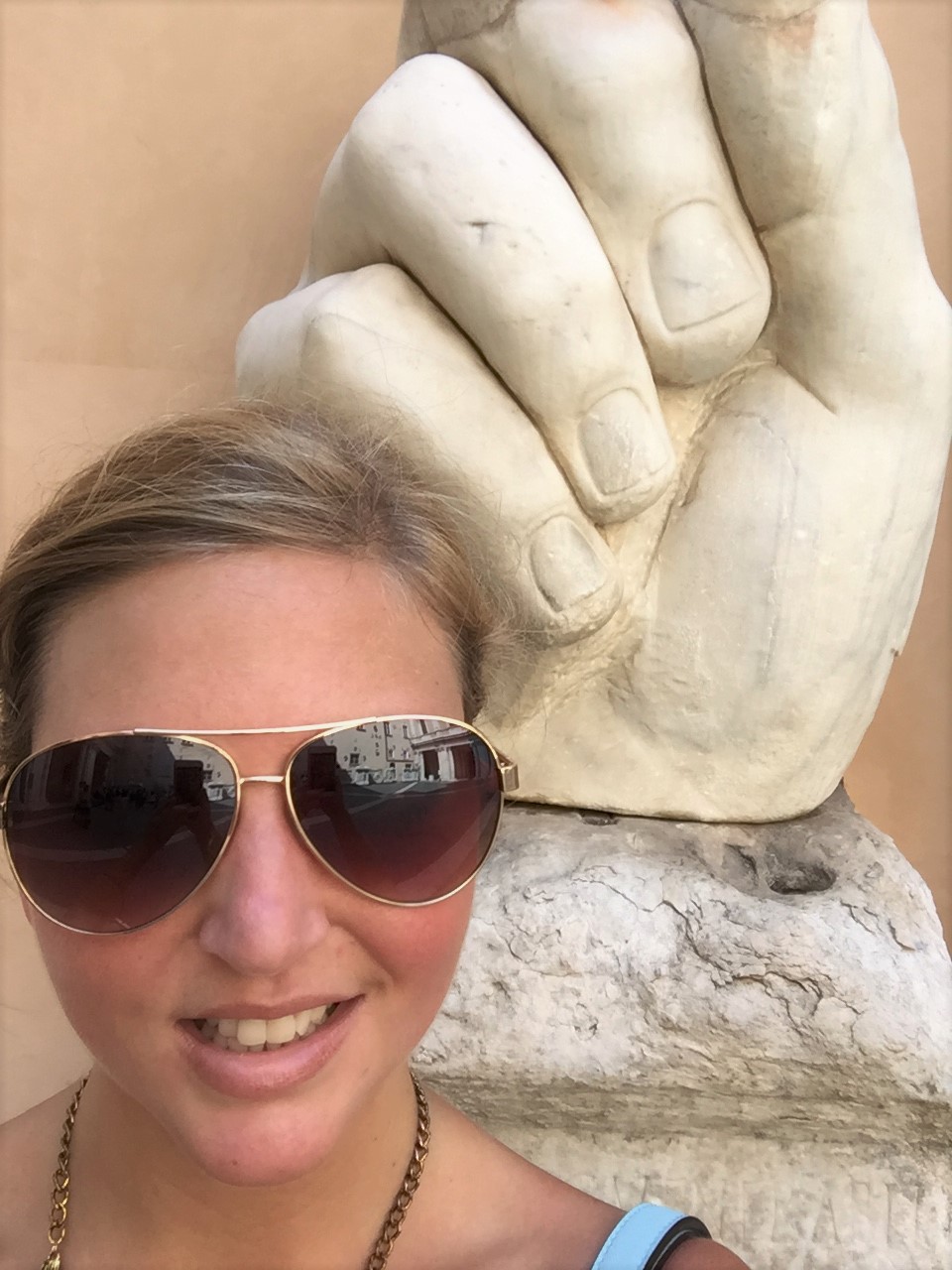
2022
Kearstin Jacobson, Ph.D. candidate at the Department of Art and Art History, University of Texas at Austin, is the 2022 recipient of the John R. Coleman Traveling Fellowship. Her dissertation project, “Framing and Representing Procession (First Century BCE—Seventh Century CE): Roman Processional Architecture from City to Church,” aims to examine how architectural forms associated with processional movement evolved in appearance, spatial configuration, decoration, and use from the first century BCE to the seventh century CE in imperial cities across the Roman Empire. The Fellowship funds will support travel to sites in Italy and Spain in order to visit museums, libraries, and archives.

2021
Crystal Rosenthal, Ph.D. candidate at the Department of Art and Art History, University of Texas at Austin, is the 2021 recipient of the John R. Coleman Traveling Fellowship. Her dissertation project, “Agents on the Shore: Harbor Arches in Roman Port Cities,” aims to examine freestanding Roman harbor arches, with an emphasis on connections between iconography, context, and reception, and how the structures functioned within the communal fabric for urban dwellers, and within political, economic and social realities of the first and second centuries CE. The Fellowship funds will support travel to sites in Italy and to Alexandria, Egypt, in order to visit museums, libraries, and archives.
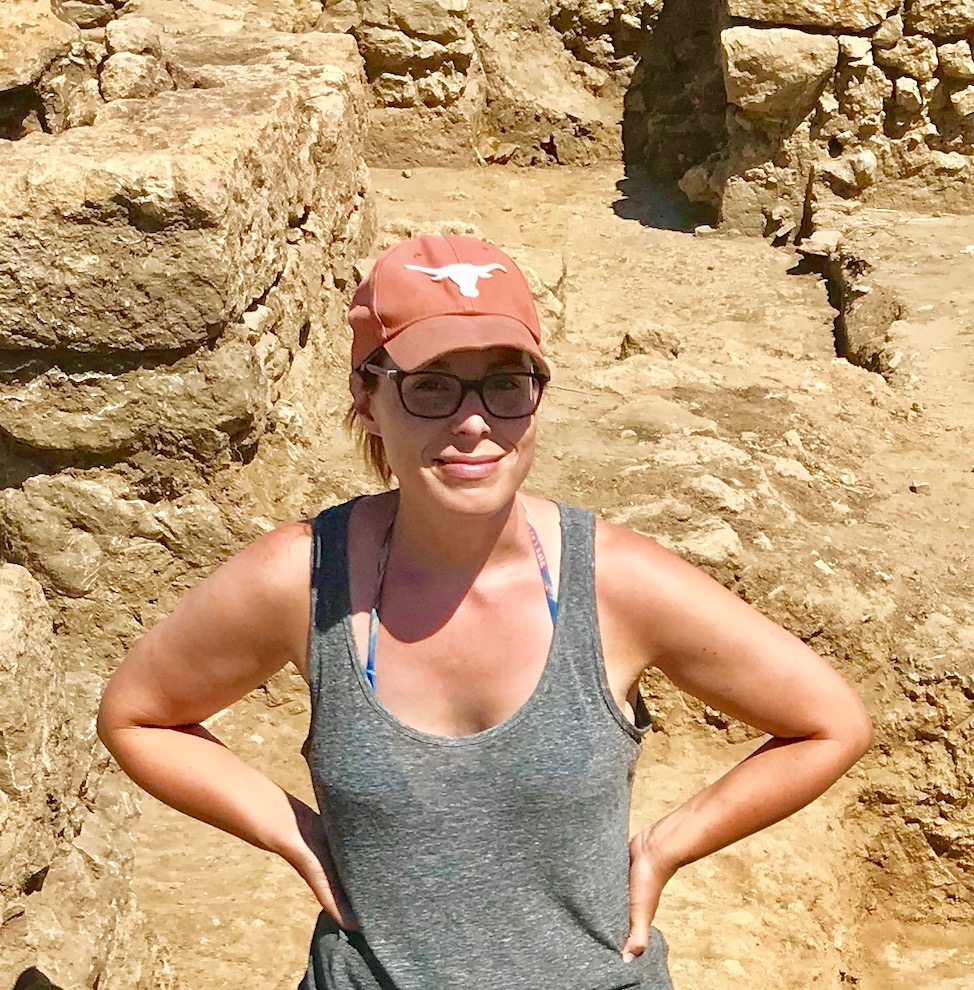
2020
Christy Schirmer, Ph.D. candidate in the Department of Classics at the University of Texas at Austin, is the 2020 recipient of the John R. Coleman Traveling Fellowship. Her dissertation project, “Exploiting Riverine Resources in the Roman Empire,” examines river fishing in the Roman provinces as method for understanding the larger processes of social and economic change that resulted from Roman conquest. The Fellowship funds will support travel and research in Morocco, Italy, and Spain to examine archival materials and ichthyofaunal and artifactual evidence to determine the legal administration of fishing rights and the role of fishing cooperatives, and the impact of human activity on river ecosystems.
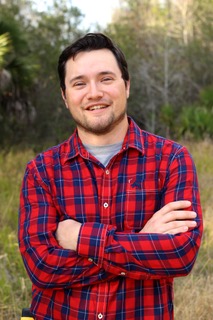
2019
Christopher J. Eck, Jr., Ph.D. candidate in the Department of Anthropology at the University of South Florida, is the 2019 recipient of the John R. Coleman Traveling Fellowship. His dissertation project, “Biochemical Reconstruction of the Diet and Mobility of Neolithic Agropastoralists from the Central Po Valley, Italy”, is a first-of-its-kind study of the earliest agricultural development in the region, involving an assessment of an excavated assembly of over 100 human burials and over ten preserved animal remains from the early Neolithic. Mr. Eck will use the fellowship funds to conduct sample collection in Italy and analysis, with the goal of shedding light on the foundations of Neolithic food economies and agropastoral development of the Po Valley fertile alluvial plain and Alpine foothills.
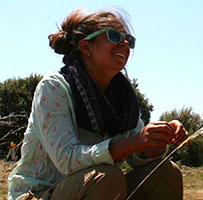
2018
Katie Tardio, Ph.D. candidate in the Department of Classics at the University of North Carolina, Chapel Hill, is the 2018 recipient of the John R. Coleman Traveling Fellowship. Her dissertation project, “Roman Conquest and Changes in Animal Economy in the North-East Iberian Peninsula,” involves the zooarchaeological examination of faunal remains from the ancient city Tarraco, Spain and surrounding sites to assess how livestock economies and landscapes were altered by Roman occupation. With the assistance of the fellowship, Ms. Tardio will conduct her work at the Institut Català d’Arqueologia Clàssica (ICAC) in Tarragona, with the goal of providing detailed analysis of the impact of Roman conquest on a regional center and its hinterland in Hispania.

2017
Taylor Zaneri, Ph.D. candidate at New York University in the Department of Anthropology, is the 2017 recipient of the John R. Coleman Traveling Fellowship. Her dissertation project, “Rural Production, Peasant Participation, and State Power: The Reshaping of Medieval Italy,” focuses on the role of lower-class rural agricultural producers and animal-raisers in the development of the city-state of Lucca, Tuscany during the period 900 A.D. to 1300 A.D. Ms. Zaneri examines the wide-spread social, political, and economic effects of rural production activities and strategies through the use of settlement data and faunal remains from the region. The fellowship will allow Ms. Zaneri to spend five months researching and examining faunal material in the region.
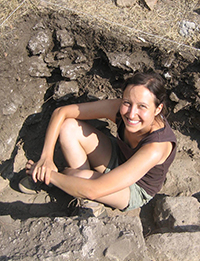
2016
Sophie Crawford Waters, Ph.D. candidate in the Department of Art and Archaeology of the Mediterranean World at the University of Pennsylvania, is the 2016 recipient of the John R. Coleman Traveling Fellowship. Her doctoral project, “Daedala Tecta: Architectural Terracottas and Cultural Memory in Republican Italy”, uses architectural terracottas to examine the ways in which central Italian communities expressed civic identity through visual culture in the mid-to-late Republic. In particular, she will examine how these terracottas were employed to emphasize local traditions (Etruscan, Latin, Samnite, Auruncan, etc.). With the assistance of the fellowship, Ms. Waters will travel to Minturnae and Cosa, as well as their surrounding regions, to examine the areas’ terracottas in detail.
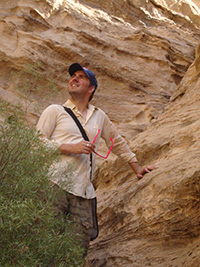
2015
Andrew Dufton, Ph.D. candidate with the Joukowsky Institute for Archaeology and the Ancient World at Brown University, is the inaugural recipient of the John R. Coleman Traveling Fellowship for his project, (Re-)Constructing North Africa: urban process and social change in the Roman City.
“During the first centuries of Roman control (2nd century BCE – 2nd century CE), the cities and towns of the Maghreb adopted many of the forms now associated with Roman urbanism. Although these physical changes are easy to spot archaeologically, the effects of urban development on the daily lives of inhabitants have not been questioned. What was the response of non-elite populations to elite-sponsored spatial restructuring? My work takes inspiration from urban anthropology and urban cultural history to consider these changes at two scales: regional analysis of the sequence of monumentalization, and micro-scale analysis of the impacts of urban processes on local communities. Research travel in the autumn of 2015 will support my local-scale analysis of cities in two stages: archival research with world-class collections of North African material in Rome, and ground-truthing legacy data at sites across Tunisia. This program of library research and non-intrusive, on-site data collection – coupled with my ongoing involvement in fieldwork at the North African sites of Utica and Bulla Regia – will inform the Tunisian case studies for my dissertation, and will provide new evidence for the connections between urban process and social differentiation in North African cities under Rome.”
Notifications